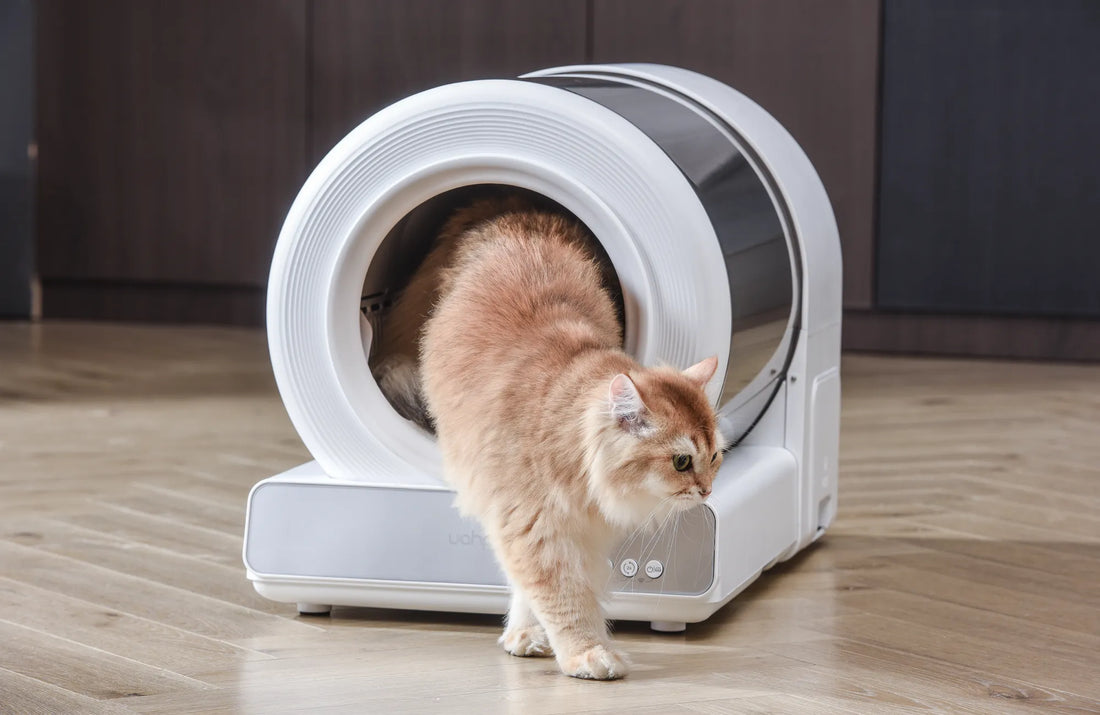Have you ever noticed your cat spending an unusual amount of time in the litter box? While it might seem like a quirky habit, this behavior can be a sign of underlying issues that need attention. Understanding why your cat stays in the litter box is crucial for ensuring their health and well-being. Let’s dive into the possible reasons and explore practical solutions to address this behavior.
Why Does My Cat Stay in the Litter Box?
Cats are creatures of habit, and their behavior often reflects their physical and emotional state. If your cat is spending excessive time in the litter box, it could be due to several reasons:
- Medical Issues: Urinary tract infections, bladder stones, or other health problems can cause discomfort, making your cat linger in the litter box.
- Stress or Anxiety: Changes in the environment, such as moving to a new home or introducing a new pet, can make your cat seek refuge in the litter box.
- Territorial Behavior: In multi-cat households, a cat might stay in the litter box to assert dominance or protect their territory.
- Litter Box Preferences: If the litter box is too small, too dirty, or placed in an inconvenient location, your cat might stay in it longer than necessary.
Identifying the Root Cause
To address the issue, it’s essential to identify the root cause of your cat’s behavior. Start by observing your cat’s habits and noting any changes in their routine. If you suspect a medical issue, consult your veterinarian for a thorough examination. For stress-related causes, consider environmental factors and make adjustments to create a more comfortable space for your cat.
Practical Solutions to Help Your Cat
Once you’ve identified the cause, you can take steps to help your cat feel more at ease. Here are some practical solutions:
- Medical Treatment: Follow your veterinarian’s recommendations for treating any underlying health issues.
- Reduce Stress: Provide a quiet, safe space for your cat and use calming products like pheromone diffusers.
- Improve Litter Box Conditions: Ensure the litter box is clean, spacious, and placed in a quiet location. Consider adding an additional litter box in multi-cat households.
- Behavioral Training: Use positive reinforcement to encourage your cat to spend less time in the litter box.
When to Seek Professional Help
If your cat’s behavior persists despite your efforts, it’s time to seek professional help. A veterinarian or a feline behaviorist can provide expert guidance and tailored solutions to address the issue. Don’t hesitate to reach out for support, as early intervention can prevent more serious problems down the line.
Your cat’s well-being is worth the effort. By understanding why your cat stays in the litter box and taking proactive steps, you can ensure they lead a happy, healthy life. Remember, every cat is unique, and what works for one might not work for another. Stay patient, observant, and compassionate as you navigate this journey with your feline friend.













